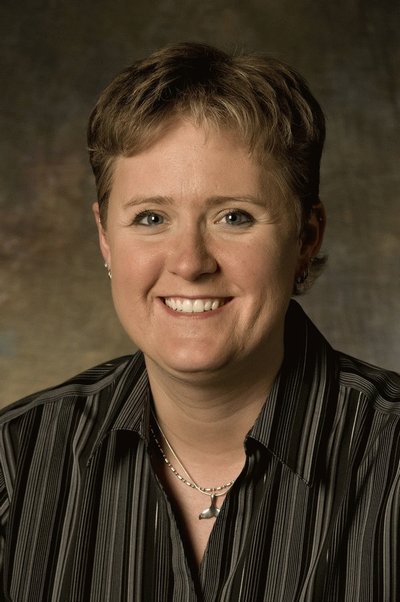November 20, 2008
New member of UW Emergency Management creates sessions on disaster response
If the Seattle region were struck by a severe earthquake, and it happened during a workday, you probably wouldn’t be able to travel home quickly. Roads would be disrupted and bridges would immediately be unsafe, if not destroyed, so you’d better decide how to see after those you love, maybe from work, says Siri-Elizabeth McLean, who this past summer became plans and training manager for UW Emergency Management.
McLean, who has a UW master’s degree in strategic planning for critical infrastructures, offers free, one-hour sessions on emergency planning to UW groups who request them.
Most people, she said, have at least several other people who depend on them: children, spouse or partner, friends, elders, pets. Creating disaster plans is sort of like strapping on your air mask in an aircraft before helping someone else.
Begin by assuming that when a major disaster strikes — fires, earthquake, flash flooding, civil disturbance — the need for fire, police or medical help will exceed abilities to respond. Agencies will be swamped, so plan on taking care of yourself in the immediate aftermath, McLean said.
Bear in mind when you begin calling family members that local phone lines will probably be jammed, so ahead of time ask members to plan on notifying designated people outside the region that they are safe. Also, decide on at least one place family members could gather outside the region if they have been separated and can’t gather at home.
Also ahead of the disaster, prepare kits for home, family, car and office, assuming that each kit must work for at least 72 hours.
The home kit should include one gallon of water per day for each person plus other items such as flashlights, food bars, blankets or jackets, a battery-operated radio, key phone numbers, photocopies of key documents, extra clothing and first aid equipment. The car kit should include items from the list above plus flares and such things as regional maps.
The office kit should include some of those same things plus the names and phone numbers of emergency response team members in the immediate work unit. Additionally, the list should include numbers for UW Emergency Management: 206-897-8000 and the UW Information Line: 206-897-4636 or 1-866-897-4636 (toll free).
McLean’s work with individual UW units additionally includes planning for emergency essentials such as heat, electricity and information technology as well as damage mitigation and employee communications.
For more information, contact McLean at 206-897-8081 or sirim@u.washington.edu.

